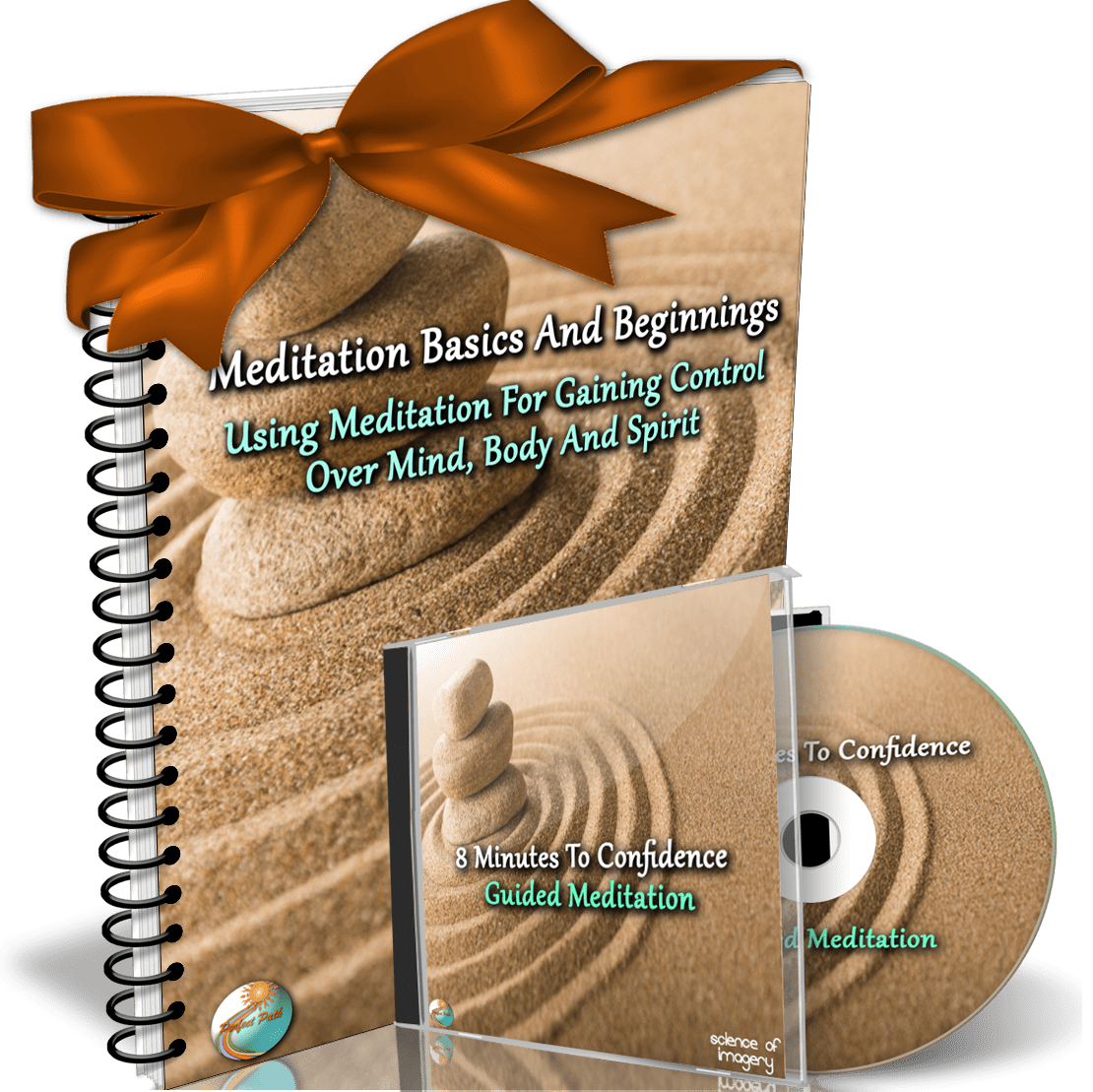If you think about the time that you were in school as a small child, you were taught little tricks to remember things… like “I before e except after c”. What if there were ways to actually boost your memory so that remembering tricks would be a thing of the past? Have a look at these memory boosters.
Angela Epstein gives you good pointers.
The brain never actually loses a memory. It records each one like a computer.
However, problems with recall begin when we don’t practise retrieving this information and so the memories we had become lost.
The brain, like other parts of the body, needs physical and mental exercise, together with particular nutrients, to increase the power of memory.
Here we present ten things to remember to do in order never to forget anything . . .
SOYA
According to Professor Sandra File, head of the psychopharmacology research unit at Guy’s Hospital in London, isoflavones, the natural plant oestrogens in soya foods, might act on oestrogen receptors in the human brain, particularly those in the hippocampus, a crucial area for memory.
As a result, new nerve connections form more readily.
Medical trials revealed that those fed a high soya diet showed improvements in verbal and nonverbal memory and in mental flexibility, all of which is controlled by the brain’s frontal lobes. Soya can be added to the diet through natural products such as soya milk or through a recommended daily 50mg soy isoflavone supplement.
MEMORY MINERALS
Studies at Kings College, London, and the University of Rochester in New York showed that a reduced iron intake can have a detrimental effect on IQ levels and cognitive function.
This is because lack of iron causes low haemoglobin levels, which affect the supply of oxygen to the brain. Iron also plays an important role in the transmission of signals in the brain.
If you are concerned about children’s memory at exam time, give them an iron-rich drink like Spatone, which can replace iron missing from the diet.
Deficiency of zinc, found in oysters, red meat and peanuts, can also interfere with memory. Take a supplement of 7-9mg daily.
COFFEE
Caffeine can improve mental and memory performance because it stimulates many regions of the brain that regulate wakefulness, arousal, mood and concentration.
Researchers at the University of Arizona found that older adults who drank half a pint of coffee just before a memory test saw a significant improvement in performance compared to those who drank decaffeinated coffee.
However, the benefits might be confined to regular coffee drinkers. Others could suffer side-effects such as shakiness, anxiety or impaired concentration.
It is still best to drink no more than six cups of coffee a day – those with heart problems should drink less. Too much brewed or percolated coffee can raise blood cholesterol – instant or filter coffee are better choices.
MENTAL EXERCISE
Research has shown that mental stimulation keeps the brain healthy and increases the strength of memory.
Image credit: Pixabay
Get the rest of the info, Dumb Little Man



